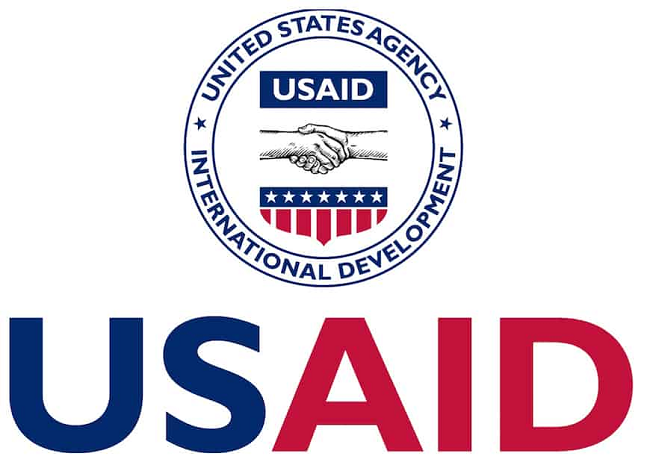The U.S. Agency for International Development (USAID) has awarded a $6.5 million grant to the International Organization for Migration (IOM) to help address the humanitarian needs of Nigerians affected by recent flooding.
The funding will support local partners in their response to flood-related crises and other disasters, a report issued by the USAID on Saturday, said.
“The United States, through the US Agency for International Development, is providing more than $6.5m to the International Organisation for Migration to address flood-related humanitarian needs across Nigeria. This funding is part of USAID’s Fiscal Year 2024 support. It will enable local partners to respond to flooding and other disasters. IOM is allocating $3m to address flood-related humanitarian needs across the country,” it stated.
The agency stated, the International Organization for Migration (IOM) will allocate $3 million of the $6.5 million grant from the U.S. Agency for International Development (USAID) to address the immediate needs of Nigerians affected by recent flooding. Over 619,000 people in 29 states have been affected by the floods since mid-August.
According to the National Emergency Management Agency (NEMA), the floods have resulted in 210 deaths, displaced nearly 228,700 people, and damaged more than 84,800 homes this year.
The USAID has pledged nearly $100 million in total support to Nigeria to address the urgent needs of those affected by disasters, including the recent floods.
“This response is part of a larger humanitarian assistance effort. In Fiscal Year 2024, USAID has provided nearly $100m in previously announced funding to Nigeria to respond to the urgent needs of those impacted by disasters, including floods,” the statement read.
Melissa Jones USAID Mission Director remarked, “The United States remains steadfast in its commitment to assist the people of Nigeria as they confront the challenges posed by climate change and increasing natural disasters. Our long-standing partnership underscores our dedication to providing humanitarian aid and support nationwide.”
This article was written by Tamaraebiju Jide, a student at Elizade University













